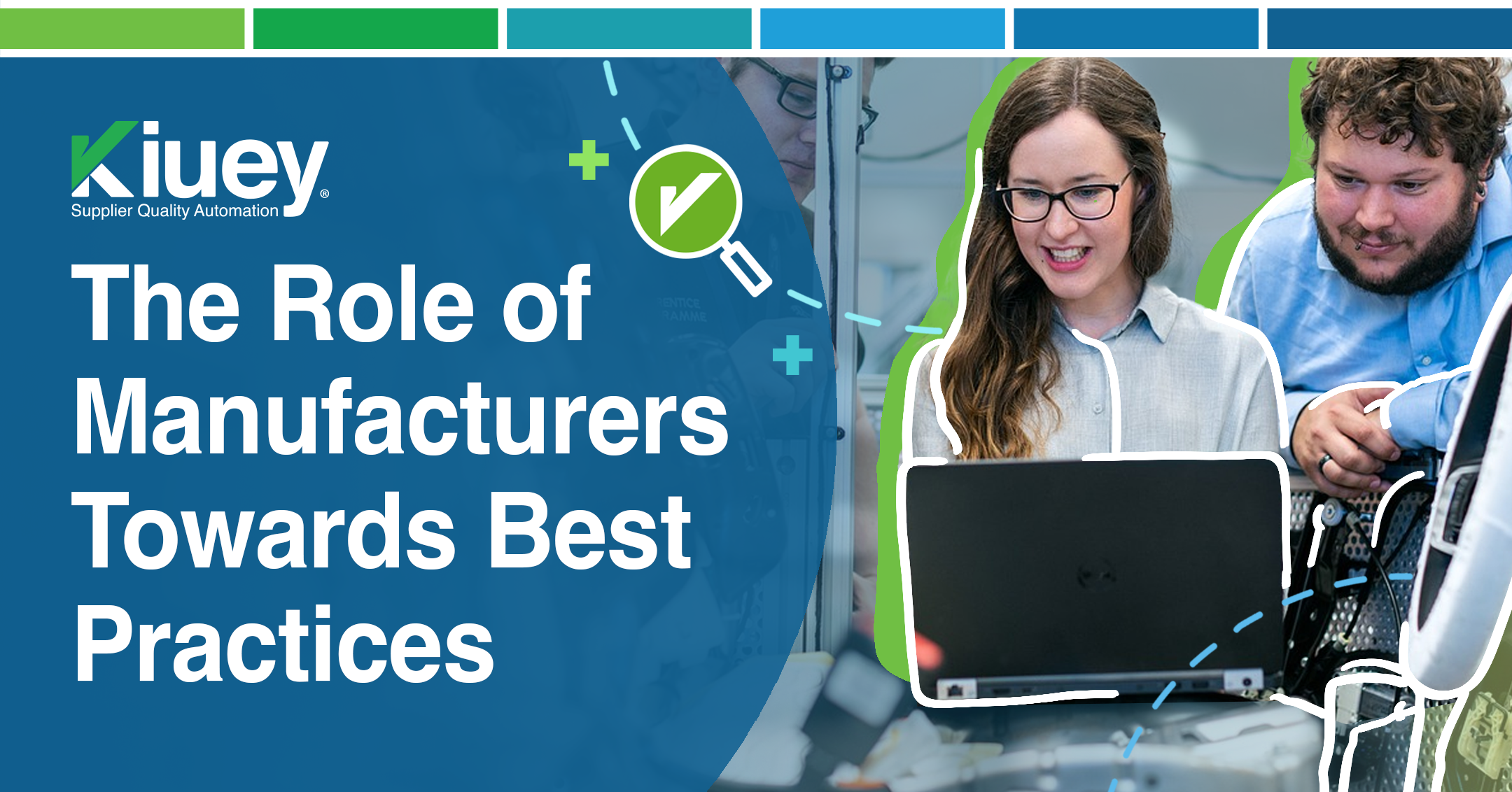The medical device industry faces scrutiny from the FDA, receiving millions of reports of suspected device-related deaths and injuries. This highlights the critical need for stringent quality practices across the entire industry. Similarly, the aerospace industry grapples with high-profile failures, emphasizing the importance of robust quality systems for mission-critical products.
These industries, while distinct, share a common ground: the demand for flawless performance, impeccable appearance, and absolute contamination control. This shared emphasis stems from the high stakes involved, where failures can have severe consequences.
Defining Quality for Manufacturers:
Quality can be broadly defined as the fulfillment of requirements. For manufacturers, this translates to producing goods that consistently meet specifications and exceed customer expectations. In the context of medical and aerospace, this translates to:
- Performance: Manufacturers must ensure products withstand intended use, wear and tear, and harsh environments (e.g., extreme temperatures, pressure, moisture).
- Cosmetic Appearance: For manufacturers, cosmetic defects can indicate underlying quality issues and negatively impact brand perception.
- Contamination: This is paramount in the medical device sector to prevent patient harm.
Regulatory Landscape:
Both industries have specific regulations that everyone must adhere to:
Medical:
- ISO 13485: 2016 (Medical devices – Quality management systems)
- ISO 9001: 2015 (Quality management systems)
- FDA regulations that directly impact manufacturers’ operations.
Aerospace:
- AS9100 (Quality management systems)
- FAA regulations that govern in the aerospace sector.
Common Ground in Quality Practices for Manufacturers:
Despite industry-specific nuances, key quality practices are essential for successful manufacturers in both sectors:
- Quality Management Systems (QMS): Manufacturers must establish and maintain robust QMS that prioritize customer focus, leadership involvement, process-based approaches, continuous improvement, and risk-based thinking.
- Process Control and Validation: Manufacturers must rigorously validate their manufacturing processes to ensure consistent and reliable product output.
- Traceability: Manufacturers must maintain comprehensive records to enable seamless traceability throughout the entire manufacturing process.
- Risk Mitigation: Manufacturers must proactively identify and mitigate potential risks throughout the product lifecycle.
- Continuous Improvement: Manufacturers must foster a culture of continuous improvement, constantly evaluating and refining their processes to enhance quality and efficiency.
Leveraging Cross-Industry Expertise:
Contract professionals with expertise in both medical and aerospace can offer significant advantages to other manufacturers:
- Enhanced Efficiency: Streamlined processes and reduced training needs improve productivity.
- Elevated Part Quality: Consistent standards minimize variability and defects, enhancing the quality of products manufactured by other companies.
- Reduced Risk: Minimized human error and inconsistencies lead to fewer issues, improving their overall risk profile.
- Stronger Customer Relationships: Demonstrated expertise builds trust and confidence among manufacturers and their customers.
- Greater Continuous Improvement: Consistent data and cross-functional collaboration drive ongoing improvement for manufacturers across all sectors.
By leveraging cross-industry best practices, contract manufacturers can establish robust quality systems that exceed industry requirements. This translates to higher quality parts, reduced risk, and ultimately, greater success across all sectors.
In conclusion, the pursuit of quality is paramount for manufacturers in both the medical and aerospace industries. By embracing a culture of continuous improvement and leveraging cross-sector expertise, they can effectively mitigate risks, enhance product performance, and ultimately, safeguard human lives and ensure mission success.





